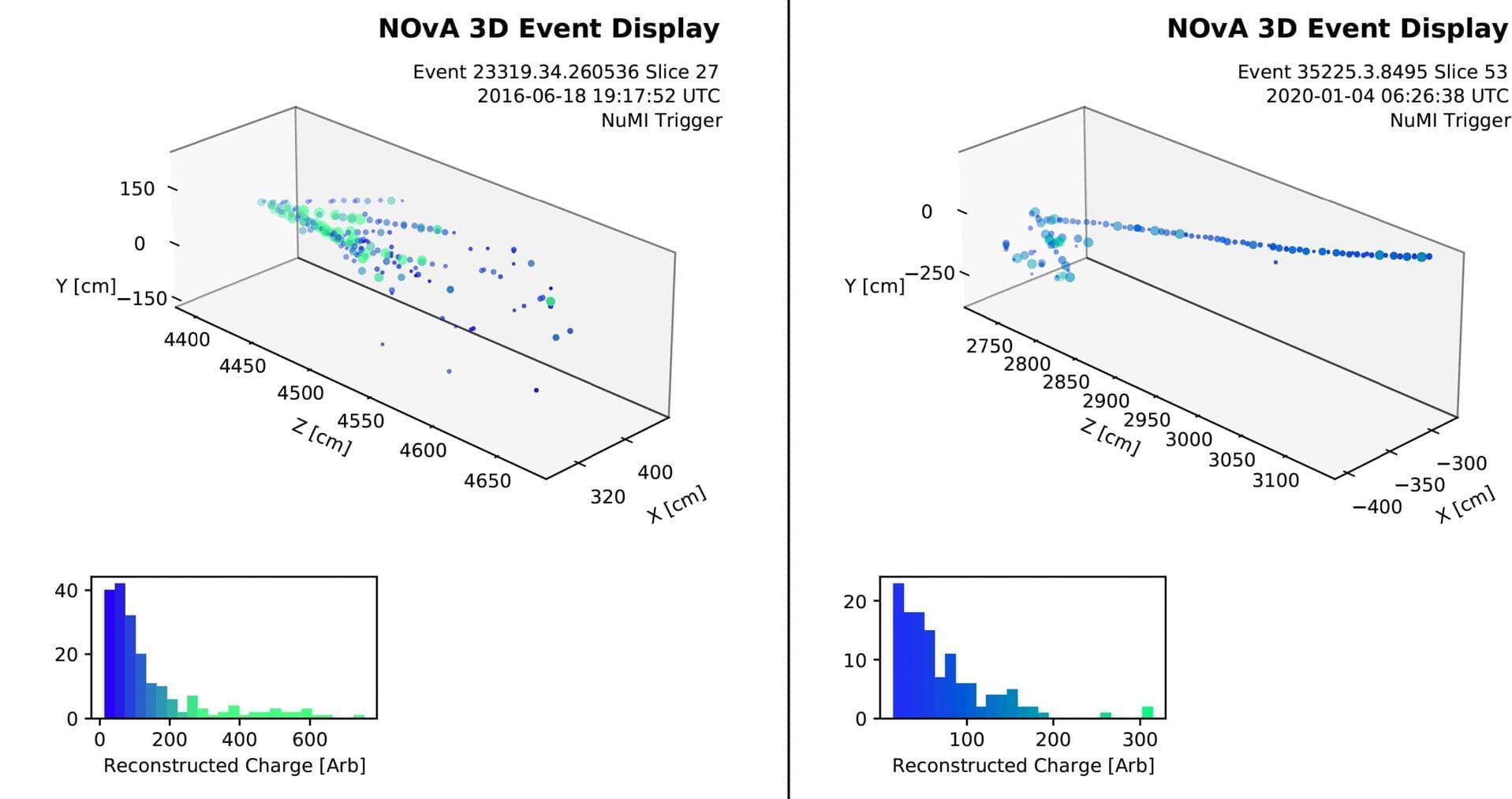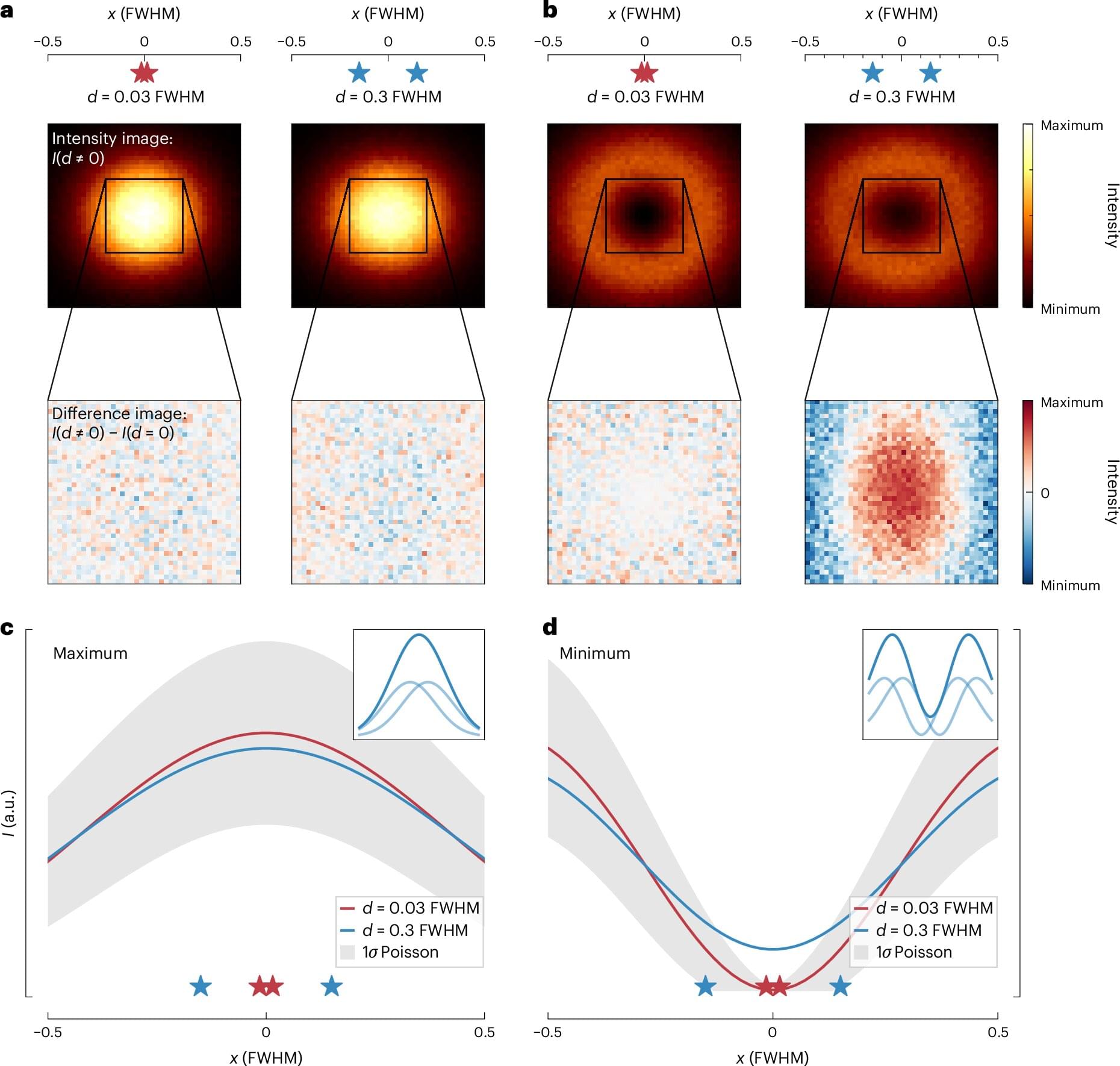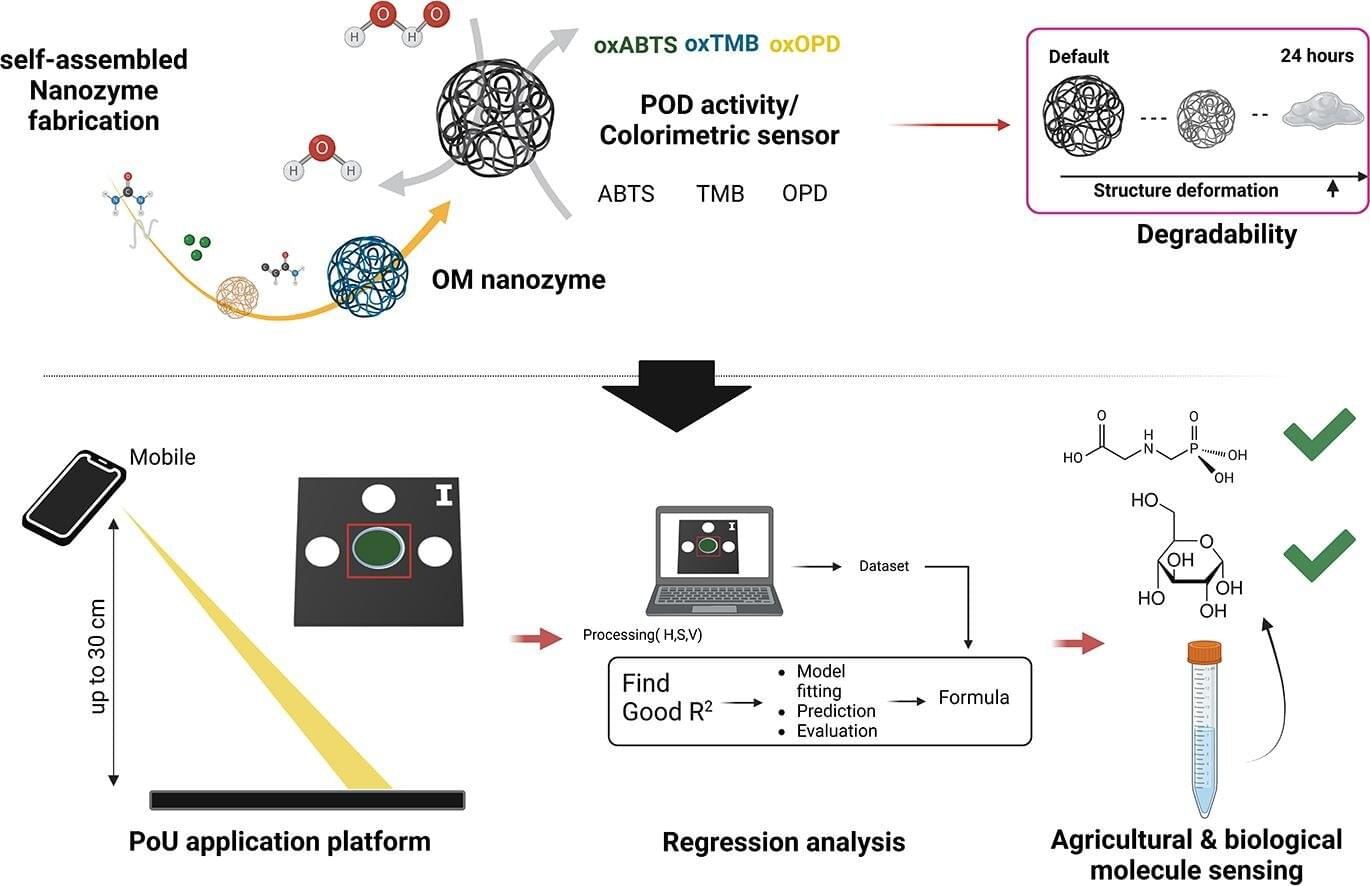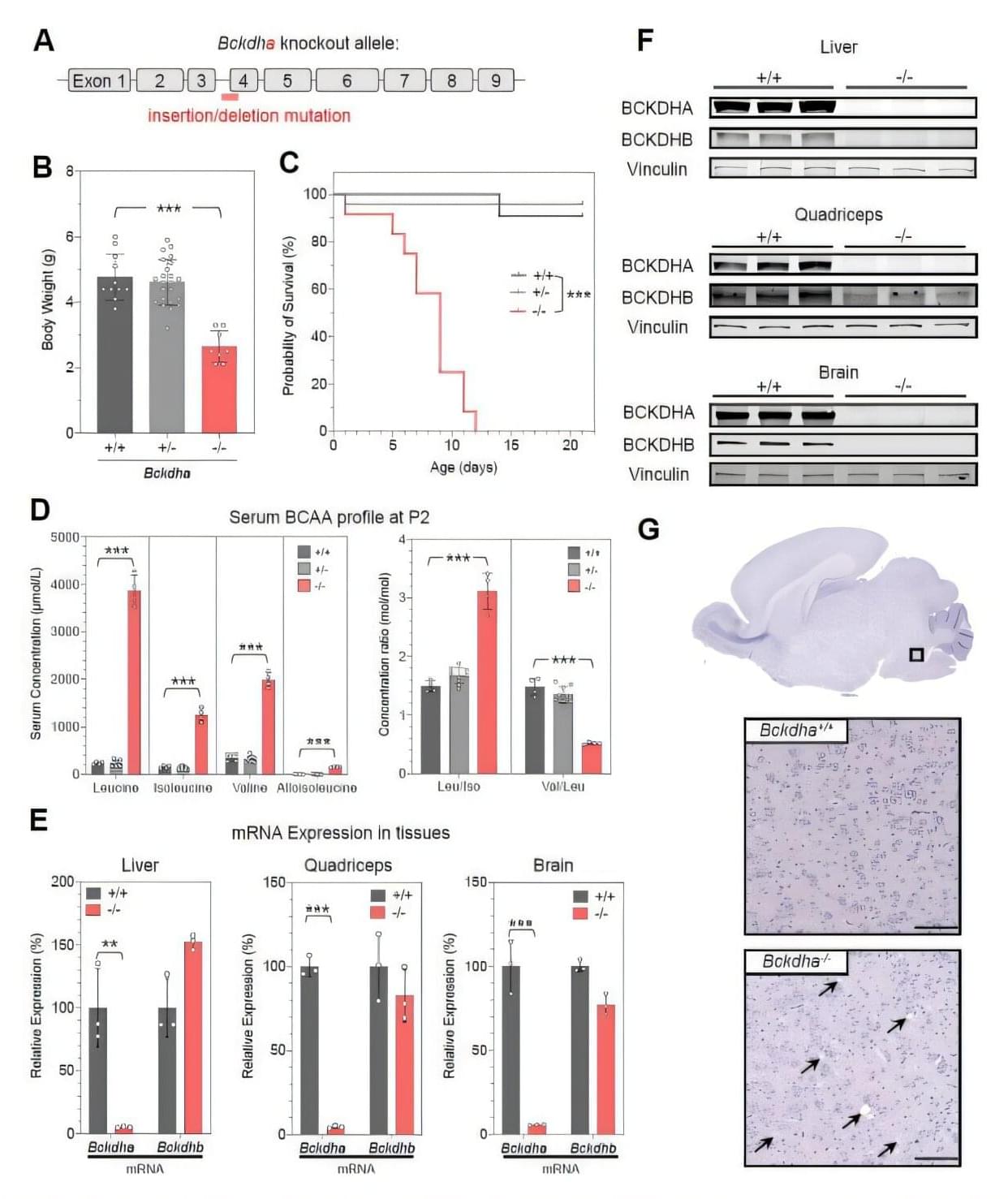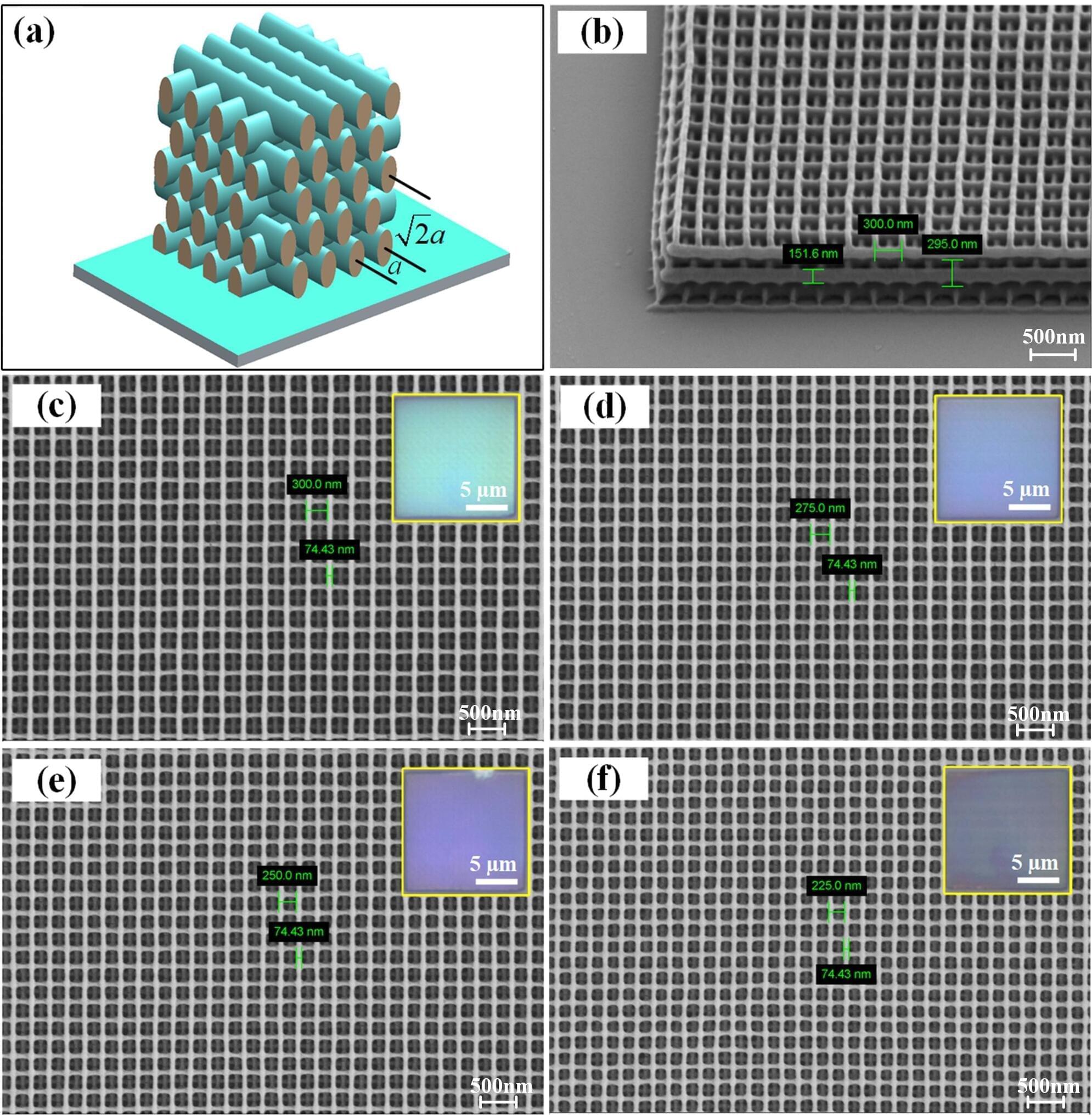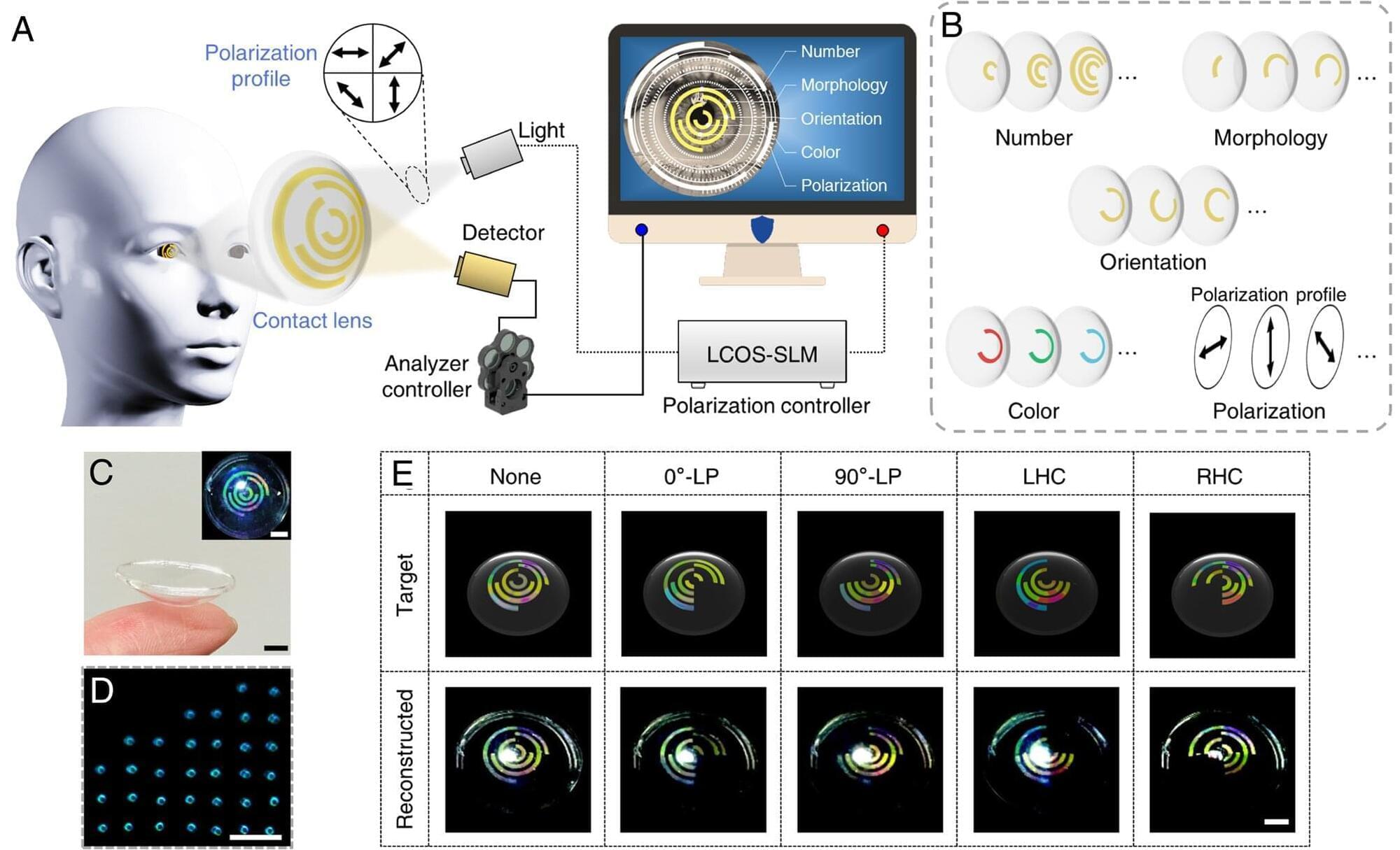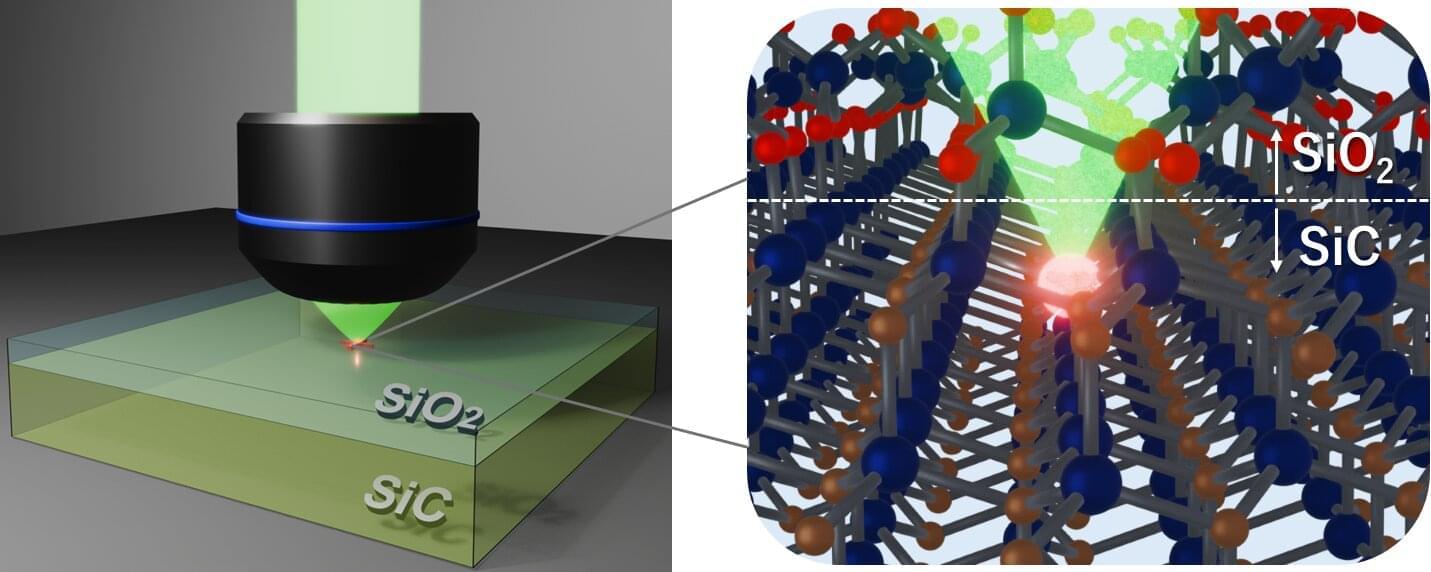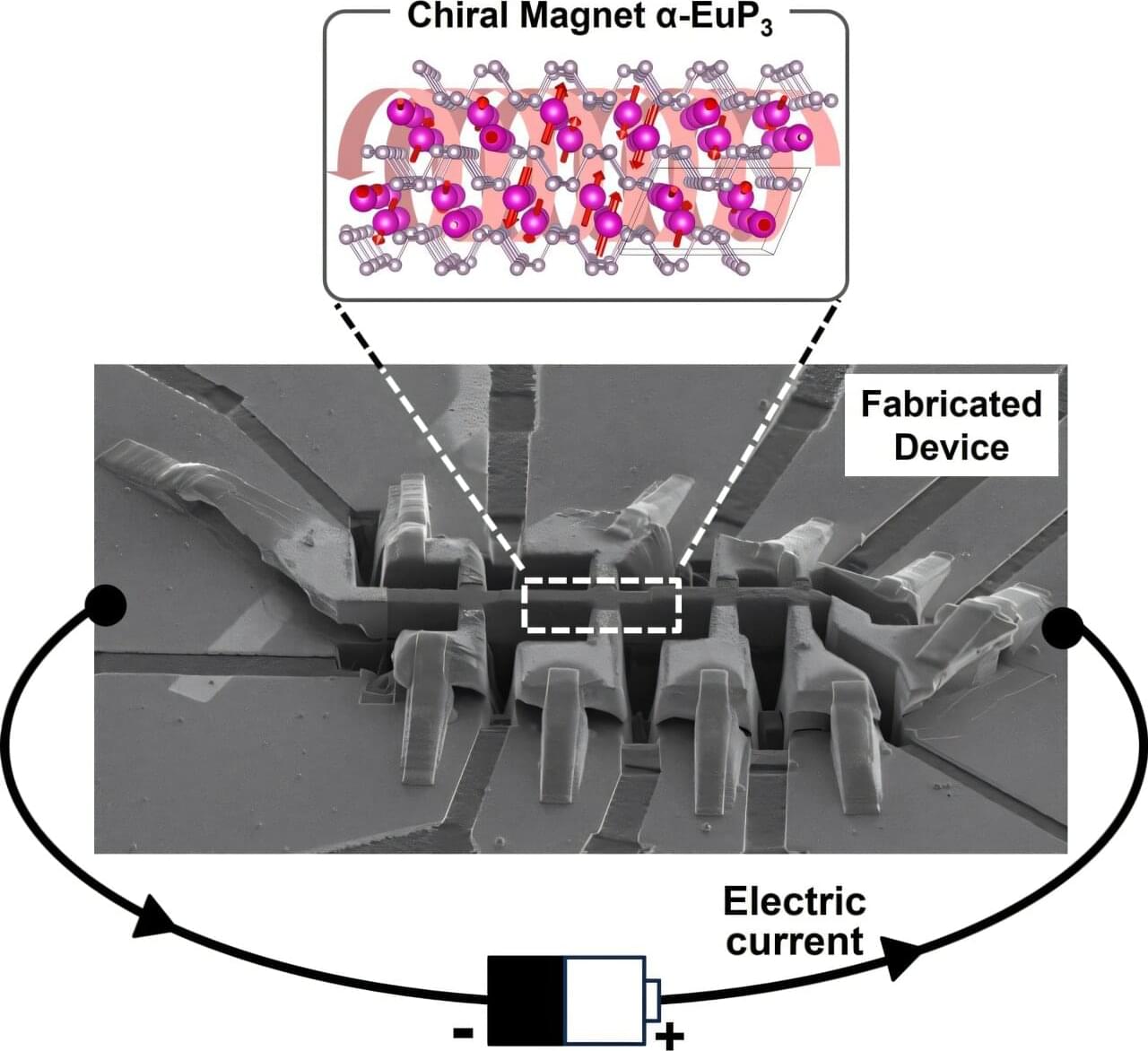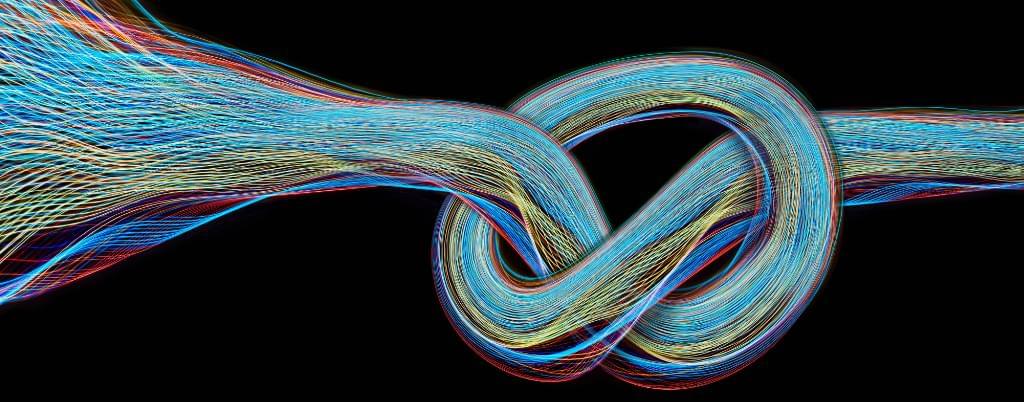Neutrinos have always been difficult to study because their small mass and neutral charge make them especially elusive. Scientists have made a lot of headway in the field and can now detect three flavors, or oscillation states, of neutrinos. Other flavors continue to be elusive—though that could be because they don’t even exist.
Sterile neutrinos, a flavor that has been proposed to play a role in neutrino mass generation and causing the oscillations of other neutrinos, have been hinted at in previous experiments but never detected.
In a study published in Physical Review Letters, NOvA collaboration scientists did not find evidence of sterile neutrinos, but their work puts the tightest constraints on parameter space to date for where sterile neutrinos could be found.
